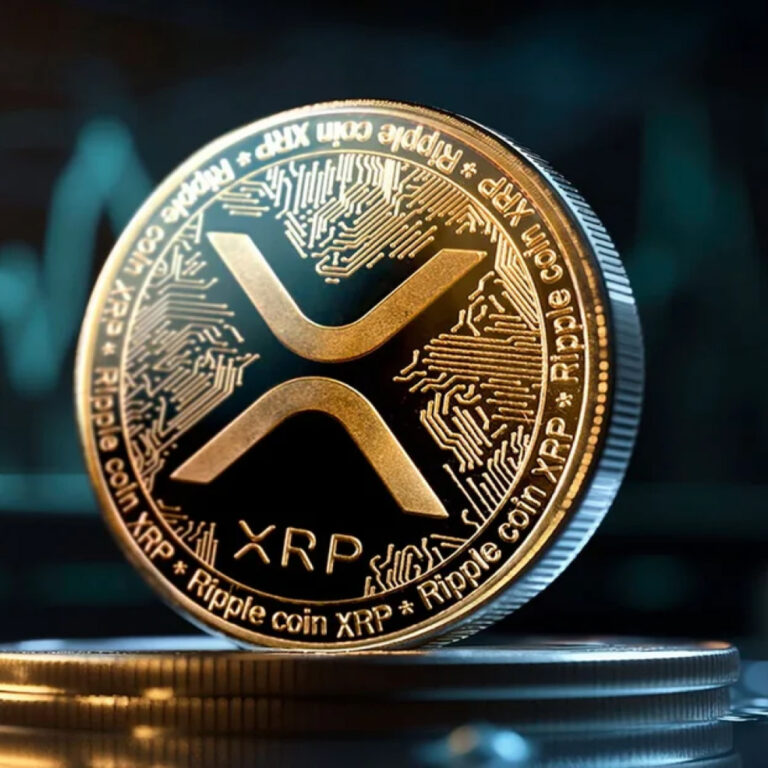What is Ripple (XRP)?
Ripple (XRP): A real-time gross settlement (RTGS) system and cryptocurrency designed for fast, secure, and low-cost transactions, making it ideal for cross-border payments.
Ripple (XRP) is both a cryptocurrency and a payment protocol designed to enable fast, low-cost cross-border transactions. Unlike Bitcoin or Ethereum, Ripple focuses on streamlining international money transfers, addressing delays and inefficiencies in traditional systems.
Developed by Ripple Labs, Ripple facilitates secure, near-instant transfers without relying on traditional intermediaries like banks. Its unique Ripple Protocol Consensus Algorithm (RPCA) ensures transaction validation without energy-intensive mining, enabling faster confirmations and reduced energy consumption.
Ripple’s primary use case is bridging currencies and facilitating liquidity for financial institutions, eliminating the need for pre-funded accounts in various currencies. XRP serves as a bridge asset, reducing settlement times and costs in cross-border payments.
Ripple’s Interledger Protocol (ILP) promotes interoperability between payment systems and blockchains, enabling seamless value transfers across different networks. Partnerships with banks and financial institutions globally have positioned Ripple as a key player in enhancing the efficiency of international payments.
Regulatory discussions, particularly regarding XRP’s classification as a security by entities like the SEC, continue to shape its role within the cryptocurrency ecosystem. Despite this, Ripple remains a significant innovator in transforming global payment systems and redefining how value is transferred across borders.
Share this post


